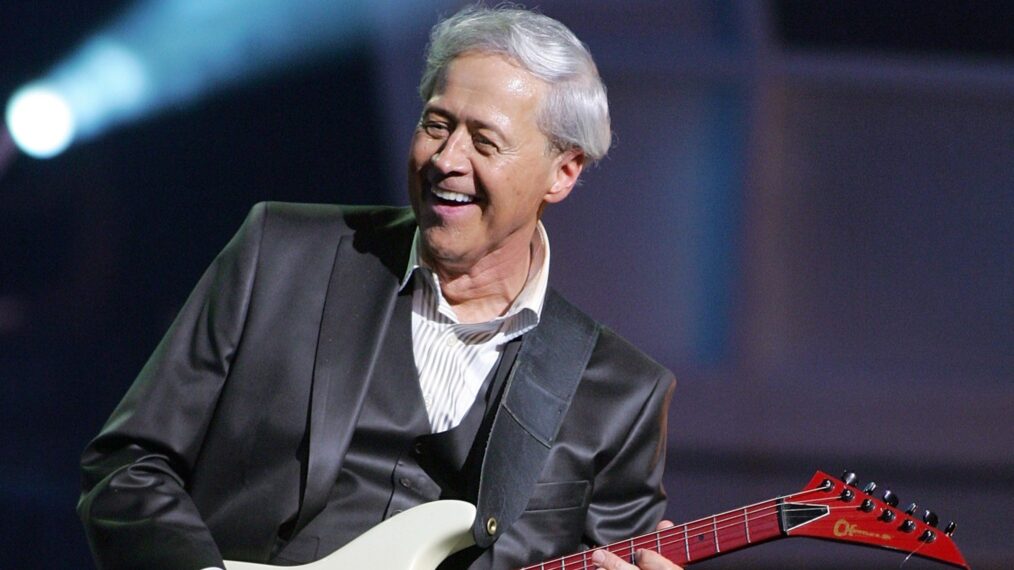Vivek Ramaswamy, billionaire and former Republican presidential candidate, is under fire as social media explodes with accusations of financial misconduct. Critics claim Ramaswamy profited massively from a pump-and-dump scheme involving a failed Alzheimer’s drug, leaving investors in financial ruin.
The allegations focus on Ramaswamy’s pharmaceutical company, Roivant Sciences, which was touted as a biotechnology innovator. Instead, detractors argue, the company primarily acted as a financial vehicle. One of its most high-profile projects, Axovant, revolved around an Alzheimer’s drug that Ramaswamy acquired for $5 million. The drug became the cornerstone of a public relations blitz, pushing the company’s valuation to $2.2 billion before its eventual collapse.
Axovant’s downfall came swiftly when the drug failed clinical trials in 2017. By then, Ramaswamy had reportedly cashed out nearly $40 million during the company’s hype cycle, a move critics describe as indicative of a pump-and-dump operation. The stock plummeted, wiping out thousands of retail investors who had bought into the hype.
Social media has reacted with outrage. “How is Vivek Ramaswamy not in prison?” one user questioned. “He made his billions with an 8-person ‘company,’ 3 of those employees were his mom, brother, and himself. He launched an IPO for an Alzheimer’s drug he knew had already failed in studies, made billions, then the company tanked. Sickening fraud.”
Other users called for criminal investigations, with one saying, “Vivek Ramaswamy bought a failing drug, falsified medical trials, went public with his company, rugpulled the investors. When billionaires talk about work ethic, they mean scamming like they have.”
Notably, prominent corporate expert Jeffrey Sonnenfeld described Ramaswamy as an “enterprising huckster” with a “shady track record.” Sonnenfeld’s analysis highlights how Ramaswamy hyped Axovant’s prospects while offloading his personal stake, raising questions about his integrity. According to Sonnenfeld, “Ramaswamy was busy cashing out while shamelessly hyping Axovant’s prospects in media interviews.”
The controversy has reopened scrutiny into Ramaswamy’s financial dealings and his self-styled image as a biotech innovator. Despite portraying himself as a “scientist,” critics point out that Ramaswamy’s professional background centers on finance, not scientific innovation. He holds degrees in biology and law but built his career at hedge funds and investment firms, honing skills in capital markets rather than laboratories.
Ramaswamy has attempted to deflect criticism by positioning himself as an advocate for STEM education and “meritocracy.” However, his detractors argue his career contradicts these values. One user wrote, “Vivek Ramaswamy scammed $2 billion with a failed Alzheimer’s drug and is now lecturing Americans on how hardworking Indians are. I urge Donald Trump to open an investigation and deport him to India.”
Accusations also extend to Ramaswamy’s family. Social media users allege that his mother was involved in falsifying clinical trial results, though these claims remain unverified. One tweet read, “Vivek Ramaswamy made his money running a pharma scam where he got his MOTHER to falsify stage 2 testing results on an Alzheimer’s drug and then took the money and ran. How is Elizabeth Holmes in prison but Ramaswamy is walking free?”
The parallels to other high-profile scandals, such as Martin Shkreli’s price-gouging schemes, have amplified public calls for accountability. A user summed up the sentiment: “Ramaswamy built his billionaire image on what’s nothing short of a scam,” He hyped a failed Alzheimer’s drug, launched an IPO, made billions, and bailed when the company tanked. This isn’t innovation; it’s exploitation. Prosecute him!”
Ramaswamy’s spokesperson has downplayed the accusations, arguing that his financial gains were aboveboard. However, critics maintain that his actions—profiting while investors were left to shoulder the losses—warrant investigation. The growing chorus of skepticism calls into question not only Ramaswamy’s business practices but also his political ambitions and public persona.
Here’s Vivek Ramaswamy in 2015, scamming the public on his Alzheimer drug that had already failed drug trials four times before he bought it for pennies.
He rebranded it & took the company public in an IPO. Then he & his family dumped $2 billion of stock before it failed again. https://t.co/XctEg4tML8 pic.twitter.com/ZJ3upeYS6a
— Dr. Ben Braddock (@GraduatedBen) December 26, 2024
















